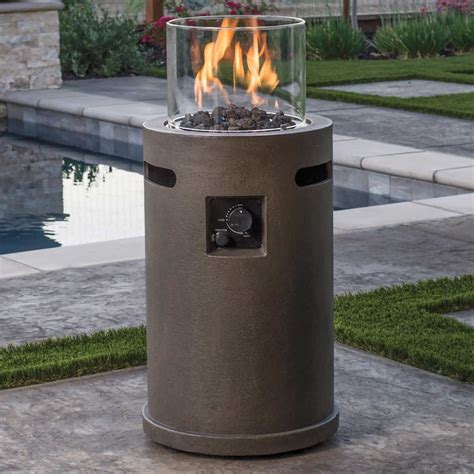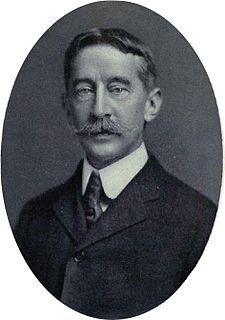A Quote by H. Bentley Glass
We are like the explorers of a great continent, who have penetrated its margins in most points of the compass and have mapped the major mountain chains and rivers. There are still innumerable details to fill in, but the endless horizons no longer exist.
Related Quotes
Far away in Montana, hidden from view by clustering mountain-peaks, lies an unmapped northwestern corner- the Crown of the Continent. The water from the crusted snowdrift which caps the peak of a lofty mountain there trickles into tiny rills, which hurry along north, south, east and west, and growing to rivers, at last pour their currents into three seas. From this mountain-peak the Pacific and the Arctic oceans and the Gulf of Mexico receive each its tribute. Here is a land of striking scenery.
I think the more the listener can contribute to the song, the better; the more they become part of the song, and they fill in the blanks. Rather than tell them everything, you save your details for things that exist. Like what color the ashtray is. How far away the doorway was. So when you're talking about intangible things like emotions, the listener can fill in the blanks and you just draw the foundation.
We no longer have the public spheres available to be able to contest that violence. We don't see it in the mainstream media, we no longer see it in the schools. I mean, this endless criminalization, militarization, of every form of behavior, I mean, strikes me as one of the most dangerous and one of the most ever-growing threats to the United States, of which that speech exemplifies perfectly, and which [Donald] Trump exemplifies with the endless call for law and order.
From earliest times, water has always been acknowledged as a primary human good and an indispensable natural resource. Around the great rivers of the world, like the Mississippi, great cultures have developed, while over the course of the centuries the prosperity of countless societies has been linked to these waterways. Today, however, the great fluvial systems of every continent are exposed to serious threats, often as a result of man's activity and decisions.
Ordinarily rivers run small at the beginning, grow broader and broader as they proceed, and become widest and deepest at the point, where they enter the sea. It is such rivers that the Christian's life is like. But the life of the mere worldly man is like those rivers in Southern Africa, which, proceeding from mountain freshets, are broad and deep at the beginning, and grow narrower and more shallow as they advance. They waster themselves by soaking into the sands, and at last they die out entirely. The farther they run the less there is of them.
Miss Granger, you foolish girl, how could you think of tackling a mountain troll on your own? Five points will be taken from Gryffindor for this,” said Professor McGonagall. “I’m very disappointed in you.” Hermione left. Professor McGonagall turned to Harry and Ron. “Well, I still say you were lucky, but not many first years could have taken on a full-grown mountain troll. You each win Gryffindor five points.
He is the best sailor who can steer within the fewest points of the wind, and extract a motive power out of the greatest obstacles. Most begin to veer and tack as soon as the wind changes from aft, and as within the tropics it does not blow from all points of the compass, there are some harbors which they can never reach.
Three Songs 1 Mountain. I whip my quick horse and don't dismount and look back in wonder. The sky is three feet away. 2 Mountain. The sea collapses and the river boils. Innumerable horses race insanely into the peak of battle. 3 Mountain. Peaks pierce the green sky, unblunted. The sky would fall but for the columns of mountains.
































